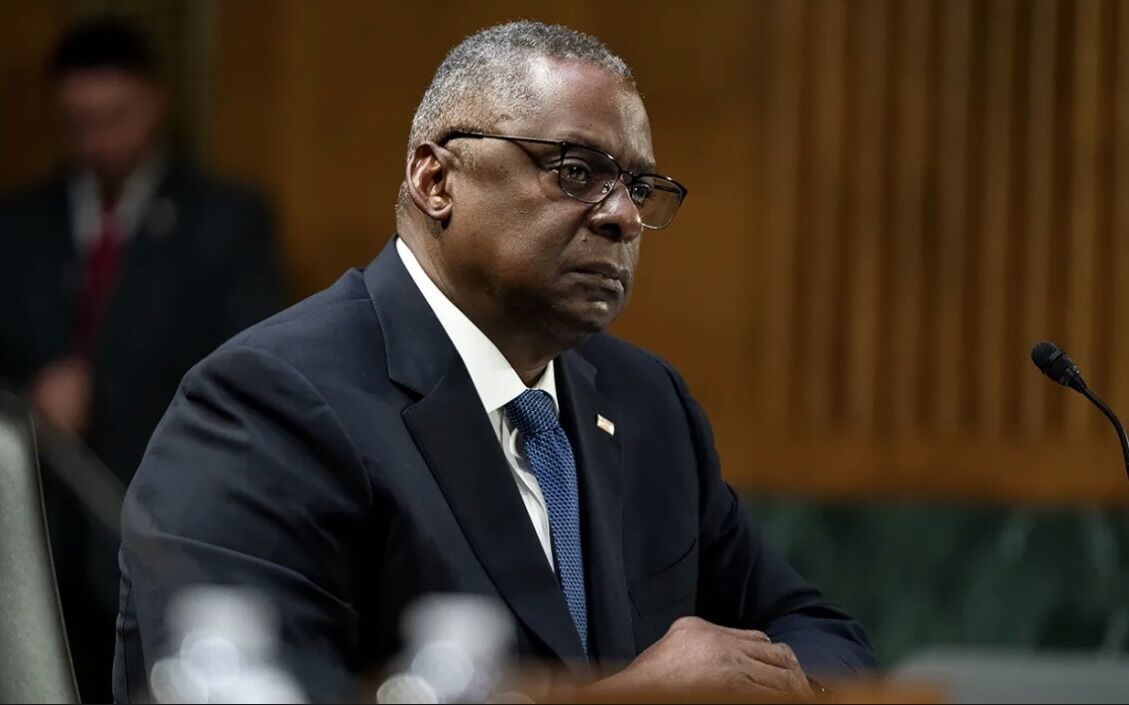U.S. Military Overhauls Handling of Major Crimes, Empowers Independent Lawyers in Prosecution Decisions
U.S. military implements major changes in handling sexual assault cases, with independent lawyers now in charge of prosecution decisions, aiming to create a safer and more supportive environment for service members.
The U.S. military has implemented major changes in how it handles cases of sexual assault and other major crimes, with independent lawyers now in charge of prosecution decisions, sidelining commanders after years of pressure from Congress. The new law was driven by a persistent increase in reported sexual assaults and harassment across the military, prompting the need for reform. Under the new law, special counsels will have the authority to make prosecution decisions on major crimes such as murder, rape, kidnapping, and domestic violence.
Secretary of Defense Lloyd J. Austin III stated that this reform is the most important change to the military justice system since the creation of the Uniform Code of Military Justice in 1950. The new program has more than 160 certified special trial counsels who will handle prosecution decisions, with each counsel expected to handle as many as 50 investigations and eight to 12 trials a year. An independent commission studying sexual assaults in the military suggested that the use of special counsels would lead to better decisions and higher conviction rates.
However, some legal experts, such as Sean Timmons, managing partner at the Tully Rinckey law firm, believe that the reform may not address the underlying behavioral problems and may not have a real impact or deterrent effect on misconduct by service members. The military has also struggled to come up with effective programs to prevent sexual assaults and encourage reporting, with anonymous surveys indicating that many victims opt not to report.
To address these challenges, the Pentagon has allocated a budget infusion of $479 million to hire as many as 2,400 personnel for a new prevention workforce. This workforce will be deployed to military installations worldwide to help commanders address risk factors that lead to sexual assault. With these changes, the military is taking steps to address the issue of sexual assault and harassment within its ranks, in the hopes of creating a safer and more supportive environment for all service members.




